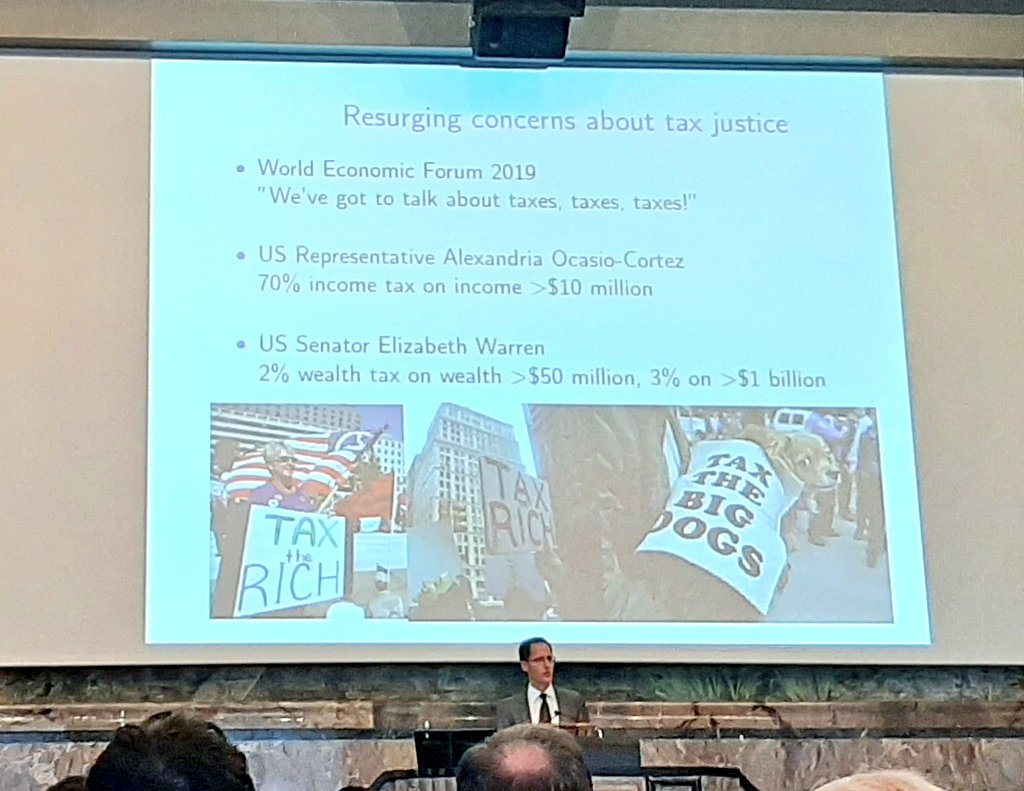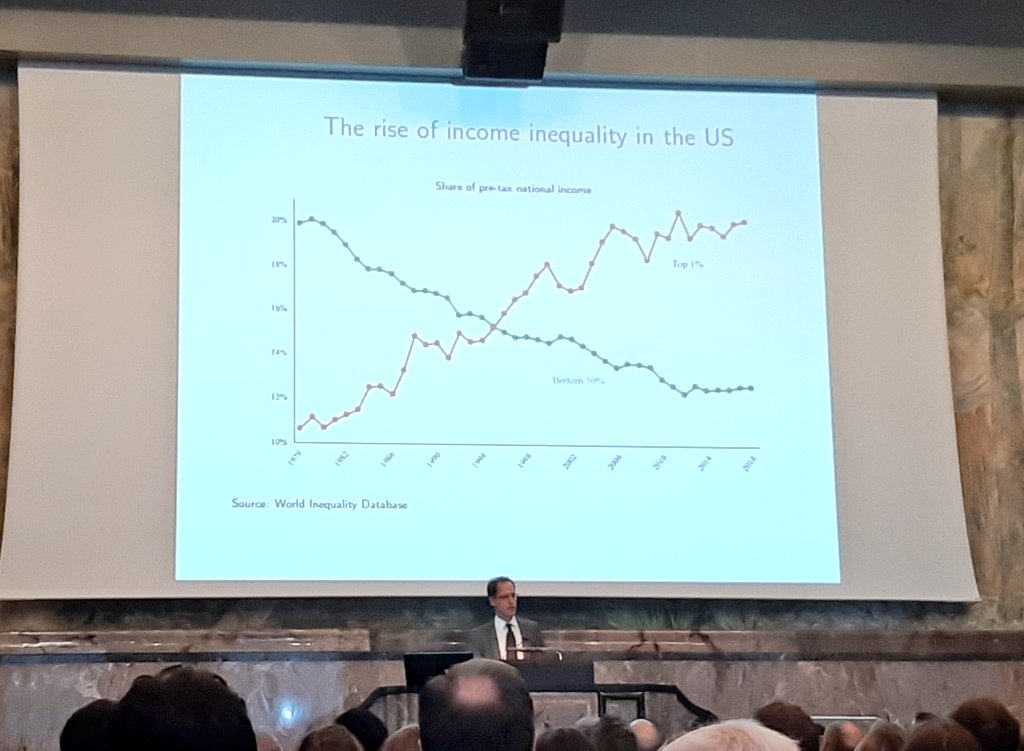Example from the US:
"Economists were (much) more in favor of raising federal taxes(97.4% of economists, compared to 66% of regular Americans)."
Those who represent "economists" in public discourse -chief economist of Bank X or Firm Y- are often primarily spokespersons for their firms' interests"
"This means economists often get things wrong. We will no doubt do so many times in this book."
"The call for action is not just for academic economists - it is for all of us who want a better, saner, more humane world. Economics is too important to be left to economists."








